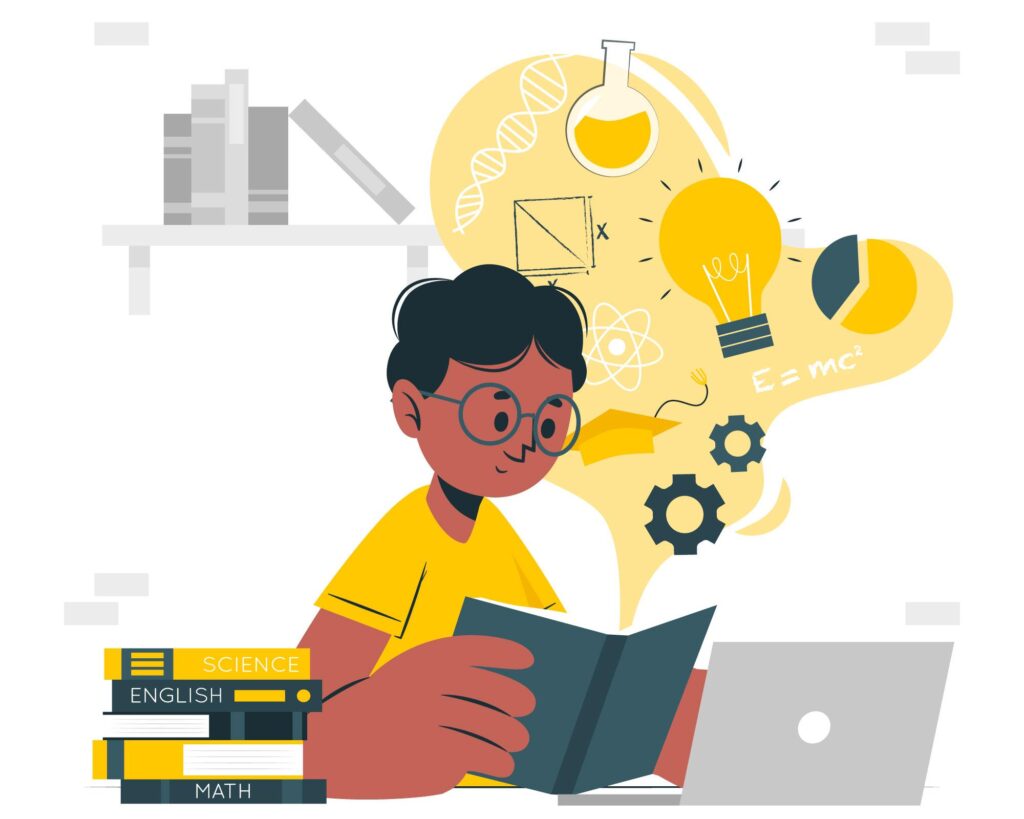Do you have difficulties in memorizing things and recalling them whenever needed? Are you the type that spends most of his or her time in the library, cramming most of the time but forgets important aspects during exams or tests? It is important to understand that the ability to learn how to study and remember is something that can be achieved with time and effort once the proper techniques are employed. In this article, we will focus on how to study and remember in order to enhance your academic performance and learning process.
How to Study and Remember

1. Active Recall
Active recall is one of the most effective strategies of learning. As opposed to the usual approach of reading or even highlighting information, this method requires the student to recall information. Use index cards, where on one side of the card there will be a question and on the other side there will be the answer. Set quizzes and try to explain lessons without the use of notes so that you can know how much you have grasped. This process enhances the connection between the neural networks, making it easier to recall whatever is needed.
2. Spaced Repetition
The use of spaced repetition is effective and in harmony with the way that people’s brains are wired to work. Flash over newly-acquired material within 24 hours of the first time it was introduced, then space out the reviews as follows: after a few days, then after a week, then after a month. This approach helps you avoid forgetting what has been learnt and helps reinforce long-term memory.
3. The Pomodoro Technique
One has to remain disciplined in his or her studies while learning how to study and remember information. The Pomodoro Technique involves dividing the study sessions into time frames, usually 25 minutes of work and then taking a 5-minute break. After such sequences, it is necessary to take a longer break of 15–30 minutes after four such cycles. This method helps avoid getting tired and always remains focused during the studying process of a certain session.
4. Mind Mapping
There are several techniques that are helpful when working with visual learners and mind mapping is one of them. It involves the use of a central topic and goes down to the sub-topics and ideas that are related to it. Information and knowledge are easier to memorize with the help of colors, symbols, and images. This technique assists one in having an overview of knowledge, enabling him or her to be in a position to see how the various concepts are connected and, as a result, improve the ability to comprehend and memorize.
5. The SQ3R Method
This reading strategy survey—question, read, and recite—can enhance your capacity to understand and memorize text-type information. Begin by making an assessment of the material with the goal of getting a general impression of it. Then, develop questions of content. Reading with questions in your mind and searching for answers is a good way to read actively. Summarize the material in your own words, and, lastly, the final rehearsal of the material.
6. Mnemonics
They are memory techniques that can be used when trying to remember lists, sequences, facts, or figures. These are word associations, lettering of the first letters of each word on a list or a message where required, and memory aids, including the memory palace. They bring an aspect of creating related information that, in the process of storage, is easier to recall than if no association was made.
7. Regular Exercise and Sleep
Physical well-being is very important in relation to brain performance. Increasing blood supply to the brain is another benefit of exercise and this leads to increased mental activities and better memory. Ideally, 150 minutes of moderate aerobic exercise per week should be aspired for. It is equally important to get enough sleep, that must be in the range of 7 to 9 hours during the night for most adults. During sleep, you are able to record memories and analyze everything that you were taught during the day.
8. Elaborative Rehearsal
While learning how to study and remember, you have to make an attempt at relating the new information with existing knowledge. This process is referred to as elaborative rehearsal, which assists in the formation of stronger and more meaningful pathways. Introduce new topics and connect them to personal experiences, come up with a cross-similarity, or explain new ideas to friends to get other experiences.
9. Chunking
Whenever you are overwhelmed with lots of information on a certain topic, just break that information into more comprehensible parts or ‘chunks’. Categorize items or concepts under one group or area, establish headers and subheaders, and use space to divide large amounts of information. This technique is very effective in improving the way information is absorbed and later retrieved to the brain for use.
10. Multisensory Learning
When learning is carried out through several modalities, it helps to improve memory recall. Summarize what you have noted on paper, assign hand signals to concepts within that paper, or use objects to model ideas within your notes. The reason is that when you learn with your different senses involved, you establish quite a number of routes in your brain by which the information can be retrieved.
11. Use Color Coding
Using colors while taking notes or studying helps easily distinguish and remember the content. Use different colors for different sorts of information, for example definitions, examples, or key concepts. This differentiation by the visual aid can help when it comes to sorting out information as well as helping one remember the related concepts.
12. Interleaving
A good strategy is to avoid cramming—the practice of studying one material for a long time—and to consider interleaving—studying different materials in turns. It also aids in making cross-references between the different fields and assists in long-term memory retention. It poses some more difficulty in the process but is effective in the long run regarding learning creation.
13. Metacognition
Metacognition skills need to be learned and ideally, an effort should be made to reflect on one’s learning at least once a day. Ask yourself questions like: Which study techniques are most effective for me now? Where am I struggling? What measures can I take in order to enhance the success of my approach? Such an understanding can be used in order to modify tactics and get the most out of lessons.
14. Use Technology Wisely
This is a helper and is capable of teaching how to study and memorize better. For spaced repetition, use apps, for active recall, use online quizzes; and for content that requires a lot of explanation, use video tutorials.
15. Establish a Study Environment
Research conducted shows that the environment you perform your studies in has a strong influence on your concentration levels and memory exercises. Make sure you are sitting in a quiet, well-lit place, preferably with little to no disturbances. Make sure you have all the necessary materials readily available. Some people feel that they prefer to study with music playing in the background or with some background noise more than they prefer to work with no music at all. It would be really helpful if you could try and find out what method suits you best.
16. Teach Others
Educating others about a particular context that has been covered in your class is one of the most effective ways of reinforcing the knowledge gained. This could include helping a classmate with his or her homework, explaining some concepts to a group of people who are taking the same course, or even come up with a YouTube video educating others on some concepts. The act of sorting and categorizing one’s information strengthens personalized learning and may also reveal gaps in one’s knowledge.
17. Practice Mindfulness and Meditation
Meditation can be a dangerous tool that is counter productive to productivity, but if practiced correctly, one can enhance his or her ability to focus, decrease stress levels, and, in turn, increase cognitive performance. The ten minutes prior to the learning activity can be enough to produce beneficial effects of mindfulness on your ability to focus on the information and the content itself.
18. Time-Block Your Study Sessions
Again, time management is of utter importance in cases of studying and how to enhance memory. Employ time-bounding by allotting particular time intervals for particular subject matter or activities. This technique is very useful to stay on track, prevent procrastination, and prevent an overload of one subject. When planning the day, incorporate breaks and buffer time between activities to avoid exhaustion.
By using such approaches in your study plan, you will create a complete strategy for learning how to study and remember effectively. Please bear in mind that each person is unique, and therefore try out these approaches and use whatever you find most effective as often as possible, Be persistent, and do not neglect to be gentle on yourself as you learn. As you keep practicing and persevering, you will be able to enhance high levels of academic achievement while at the same time developing very important skills for learning and character building.


